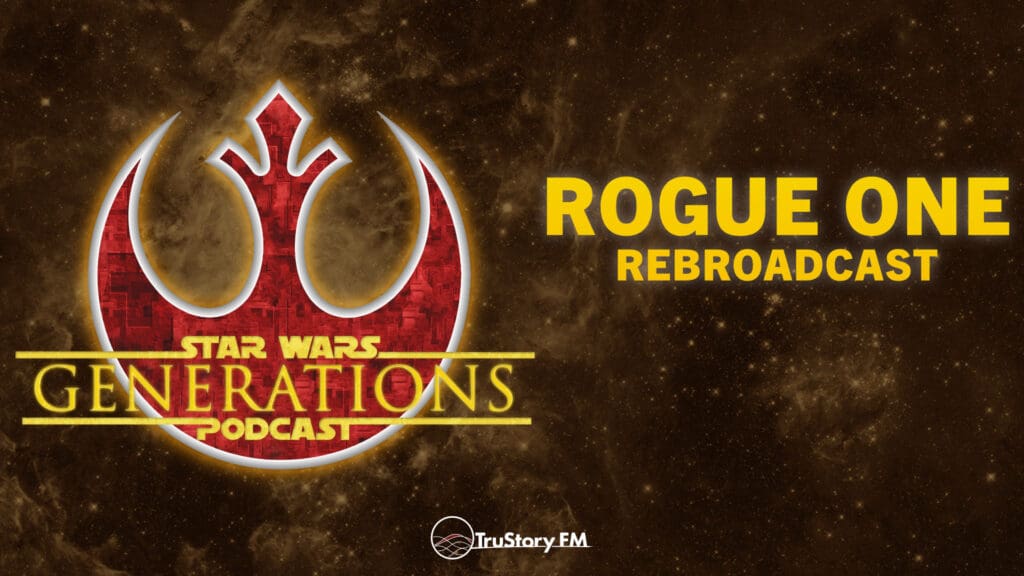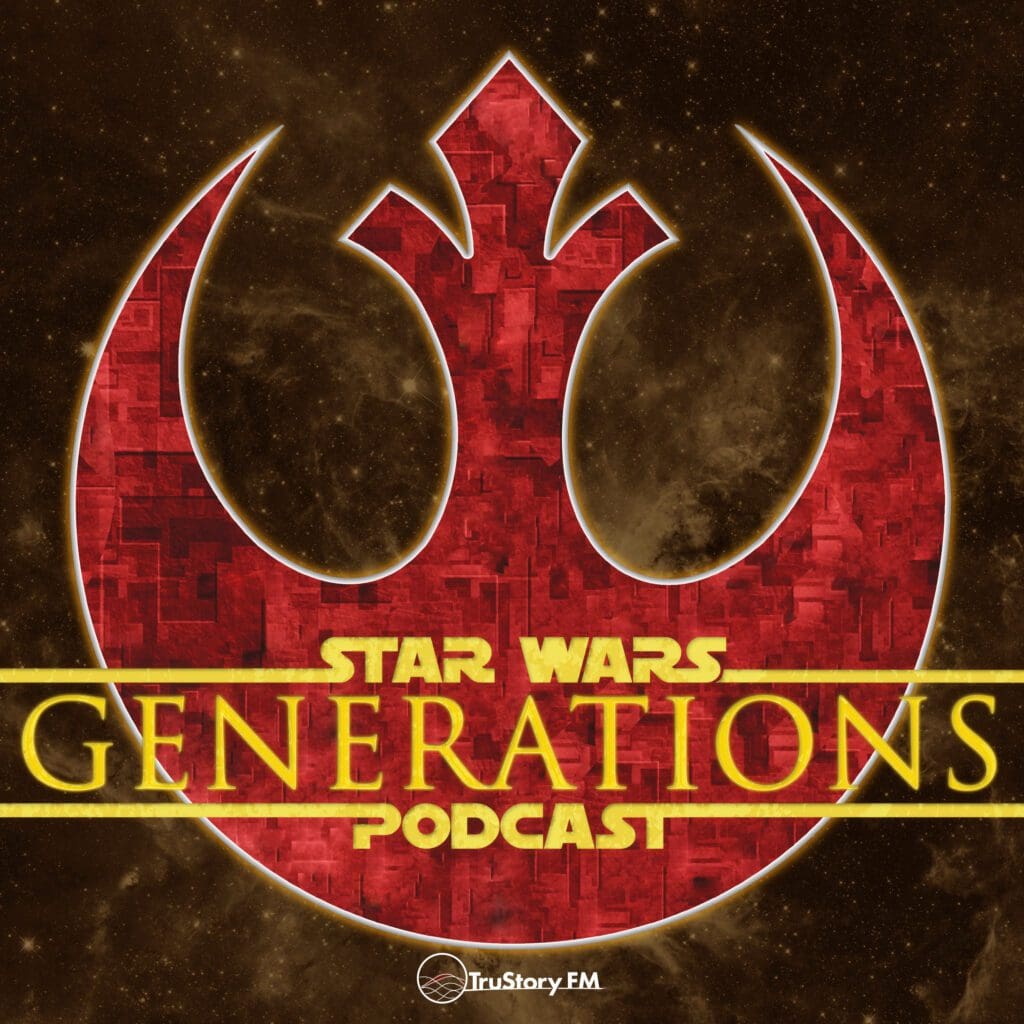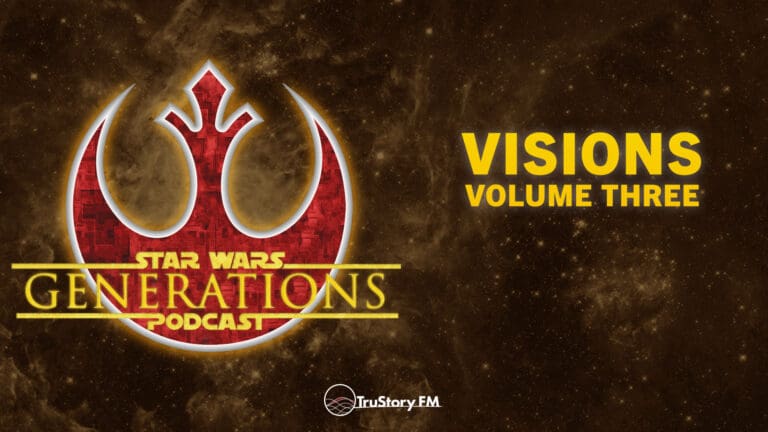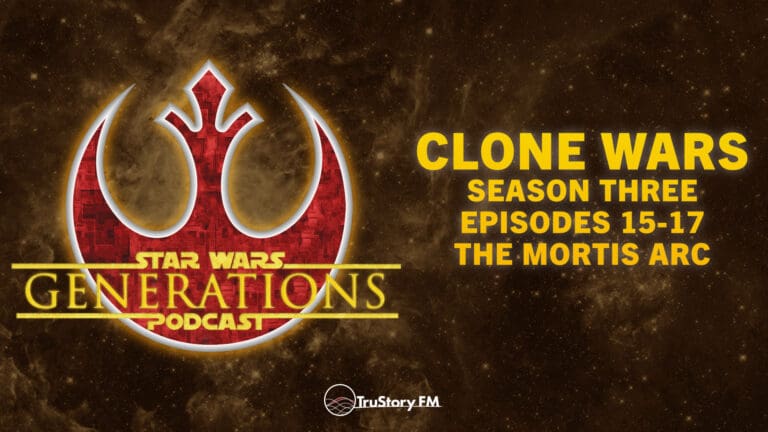Rebroadcast of Rogue One Coverage
Andor has come to an end, and after a month of recording within 24 hours of the episodes going live—and the recent baby shower for my soon-to-arrive new Padawan—we need a week off. In this episode, we’re sharing details about our new release schedule and revisiting Rogue One with a rebroadcast of our in-depth coverage. Since Andor leads directly into Rogue One, it’s the perfect time to revisit this pivotal film!
In this rebroadcast episode of the Star Wars Generations podcast, hosts Matthew, Erin, and Alex dive deep into their analysis of Rogue One: A Star Wars Story. The hosts take a break from their Andor coverage to revisit this pivotal film that connects directly to the original Star Wars trilogy.
Why Rogue One Stands Out in the Star Wars Universe
The hosts discuss what makes Rogue One unique among Star Wars films. Erin describes it as her favorite Star Wars movie, praising how it grounds the franchise in realism and brings a more adult tone to the universe. The hosts appreciate how the film shows that not every “good guy” is truly good, creating moral complexity that was later expanded upon in Andor.
Character Development and Moral Complexity
The discussion focuses on Cassian Andor’s character, noting how the film introduces him shooting his own ally to escape—an action that sets the tone for a morally complex story. This portrayal differs dramatically from traditional heroic characters in Star Wars. Jyn Erso’s character development receives significant attention, with the hosts praising Felicity Jones’ performance and how she portrays someone initially driven by selfish reasons who gradually buys into the rebellion’s cause.
The Film’s Impact on Star Wars Storytelling
Matthew highlights how important Rogue One was for expanding the Star Wars universe, demonstrating that compelling stories could be told without Force-using protagonists and focusing on characters who contribute to small battles rather than winning the entire war. This approach opened doors for projects like Andor, which the hosts consider among the best Star Wars content produced.
Topics Discussed:
- How did the darker, grittier tone of Rogue One differentiate it from traditional Star Wars films?
- What made K-2SO one of the most memorable droid characters in the franchise?
- How does Orson Krennic embody the Empire’s bureaucratic infighting and ambition?
- Why was Saw Gerrera’s transition from animation to live-action significant?
- What continuity issues exist between Rogue One and A New Hope, and why don’t they matter?
- How does the film’s ending connect emotionally to the original Star Wars?
- Why is the Darth Vader hallway scene considered one of the most iconic moments in Star Wars?
The episode concludes with all three hosts affirming Rogue One as one of their favorite Star Wars films, with Erin declaring she’ll “preach about it till the day I die” and Alex suggesting it’s the perfect film to recommend to people unsure about Star Wars or who think the franchise has been ruined.











